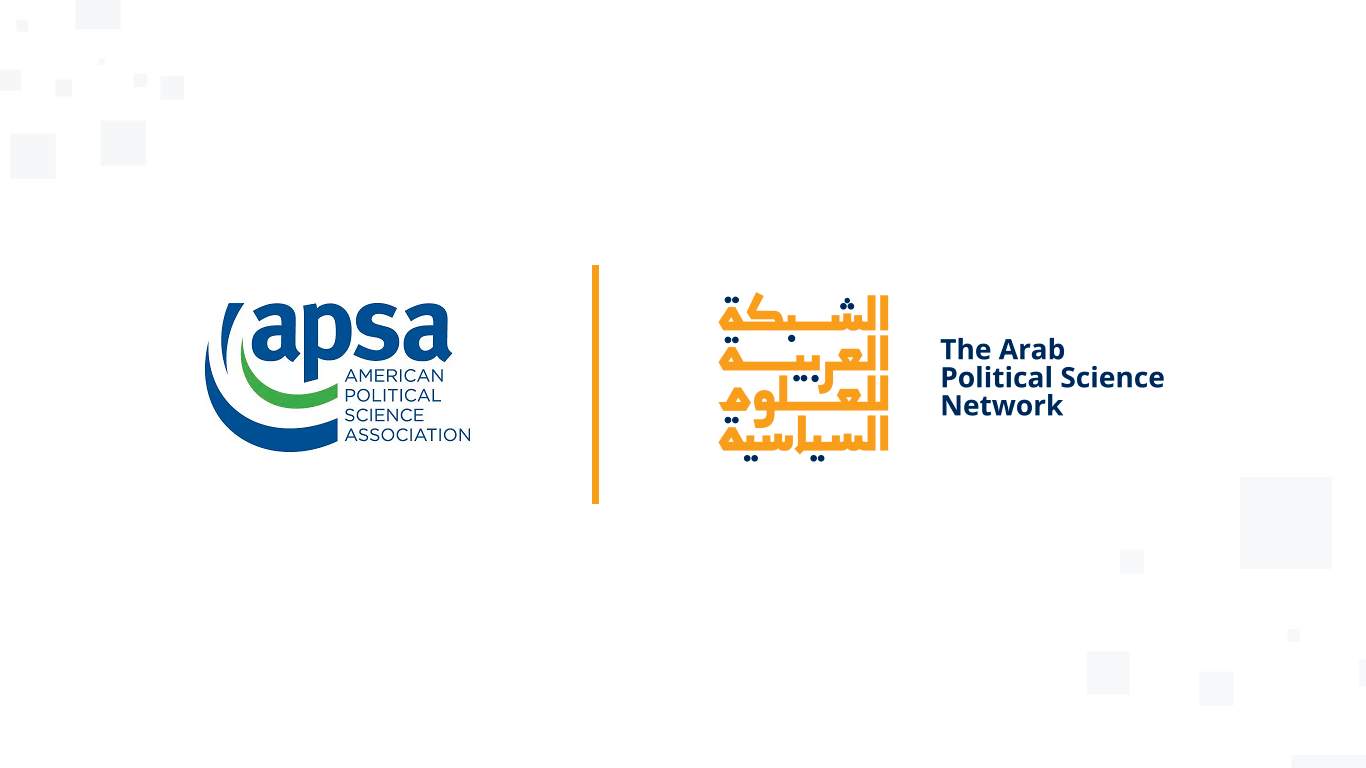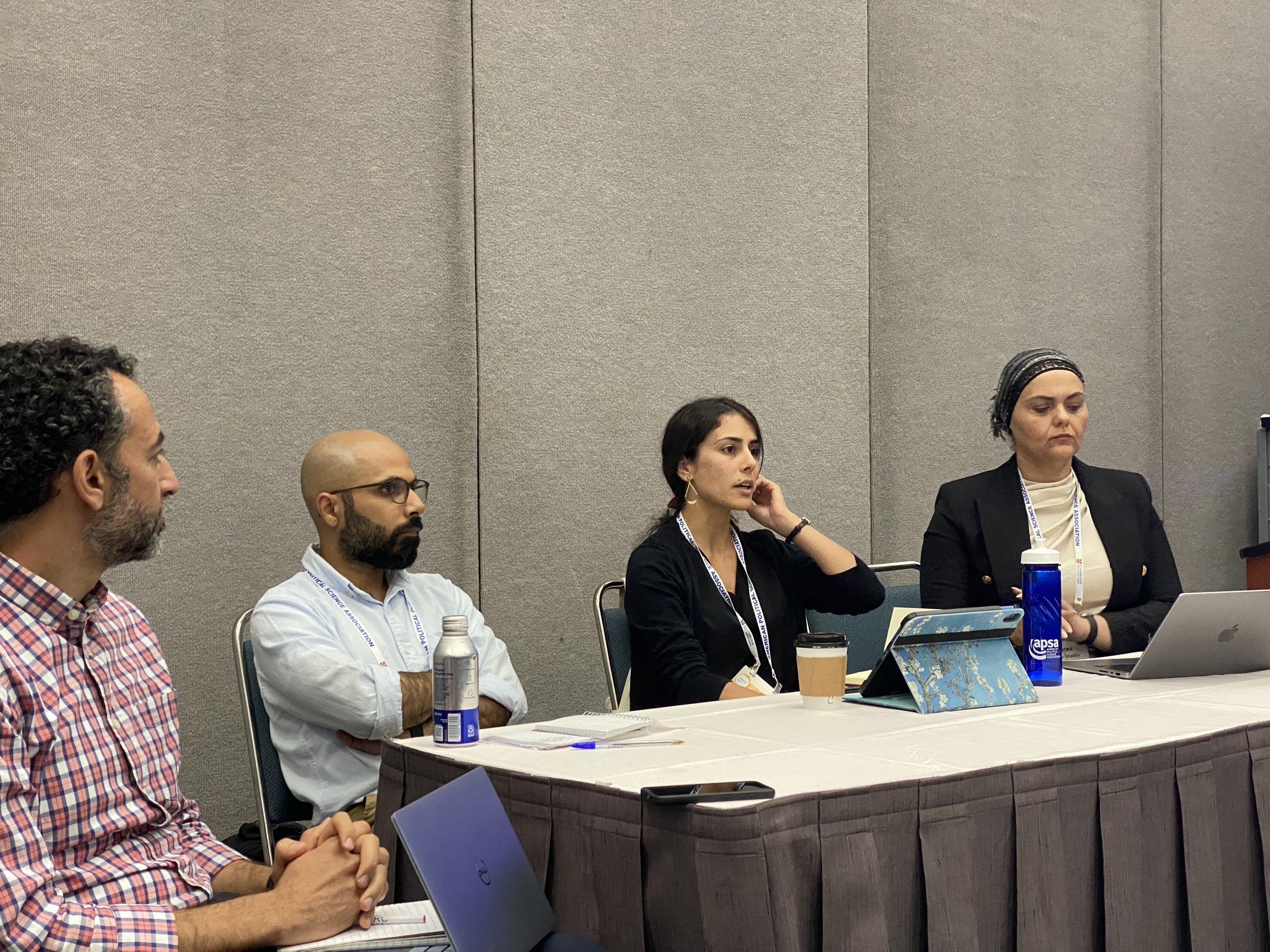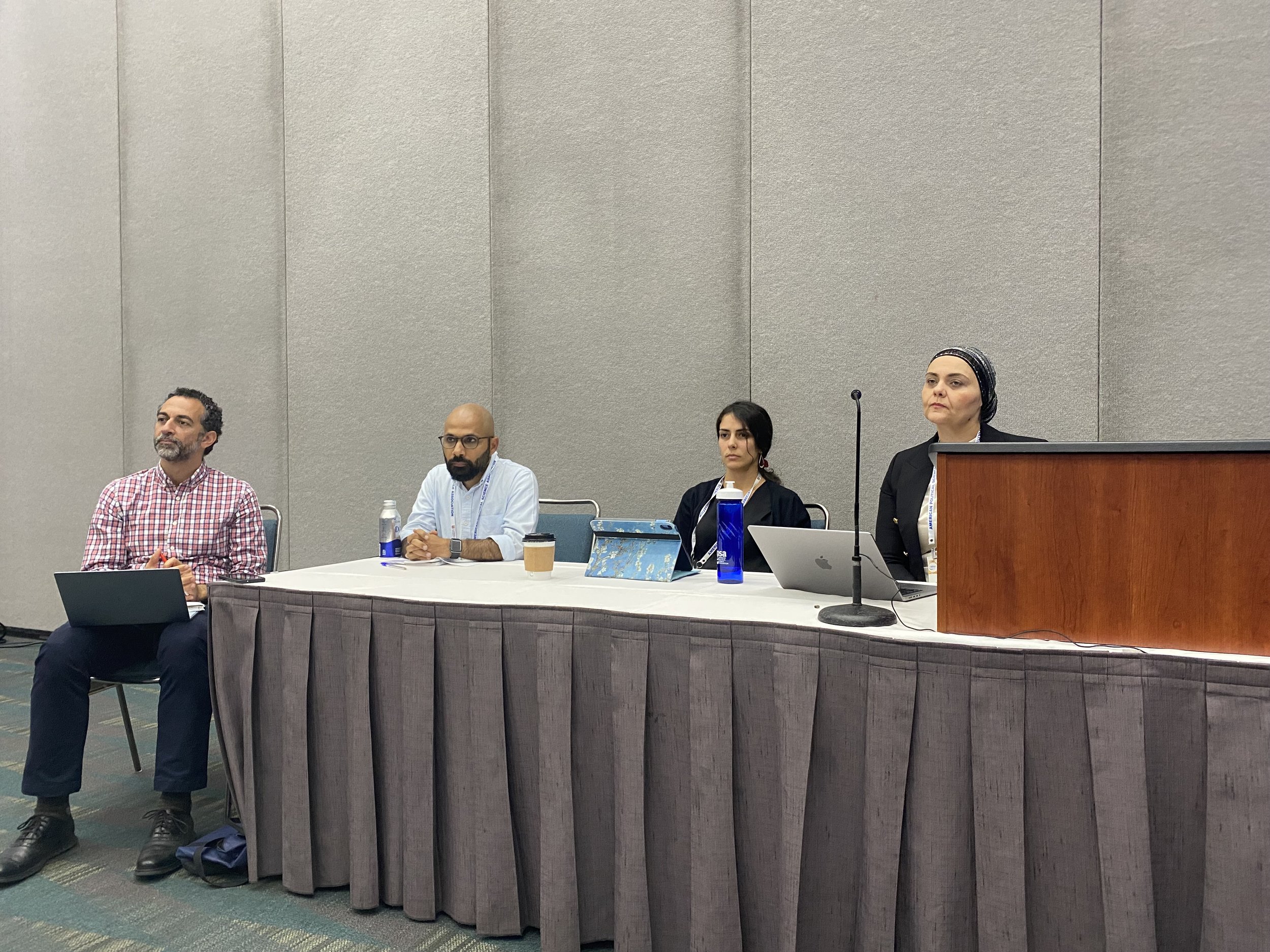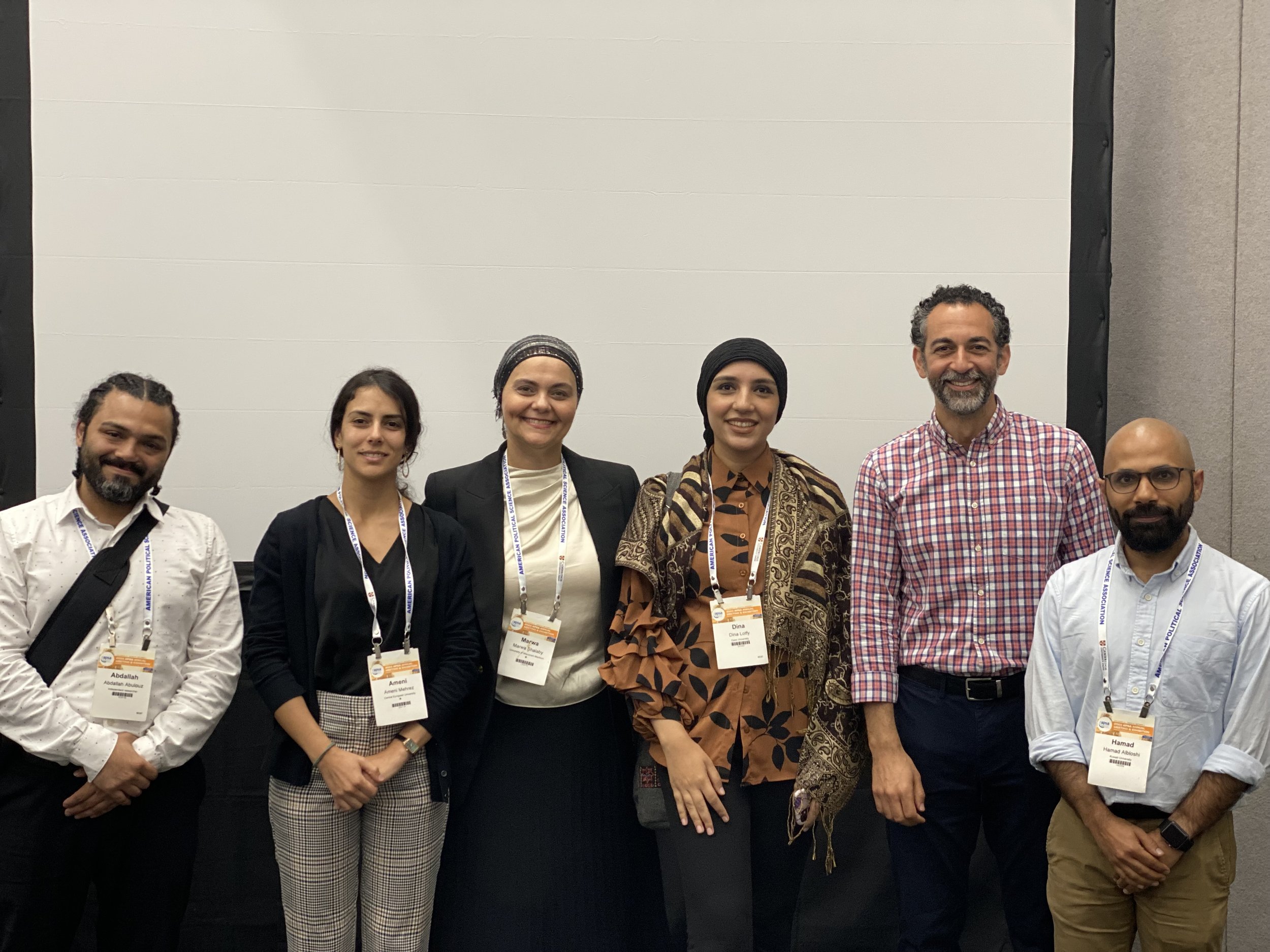Despite the recent surge of studies on MENA’s autocrats and their survival strategies, work on the political opposition and its role in shaping politics remains scarce. This can be attributed to two main reasons. First, theoretical and practical challenges are associated with discerning not only the ideological stances of the different opposition groups but also their orientations and political agendas. Second, political opposition has been suppressed or banned throughout the region for decades. Even when allowed to participate in formal politics, incumbent regimes continued to render it difficult for the opposition to have a meaningful impact.
The Arab Political Science Network (APSN) organized a roundtable discussion about New (and Old) Forms of Opposition to Entrenched Authoritarianism in MENA, on the sidelines of the annual Meeting of the American Political Science Association (APSA), which was held in Los Angeles, California. The session brought together scholars from several countries and research institutions to discuss the latest research on the role and forms of political opposition in the region. The session aimed to reflect on and address several questions: Who is the opposition in the MENA region? How do opposition groups interact with and navigate power under authoritarian rule? How do autocrats co-opt opposition groups? Can the opposition form alternative policies and frameworks through informal arenas of competition, such as civil society, professional syndicates and trade unions or other coalitions? What is the relationship between the opposition and other societal actors, and how does this impact their relationship with the ruling regimes?
Speakers:
Marwa Shalaby, University of Wisconsin-Madison, USA
Ameni Mehrez, Central European University
Hamad Al Bloshi, Kuwait University, Kuwait.
Moderator:
Ahmed Morsy, APSN and Stockholm International Peace Research Institute (SIPRI)




